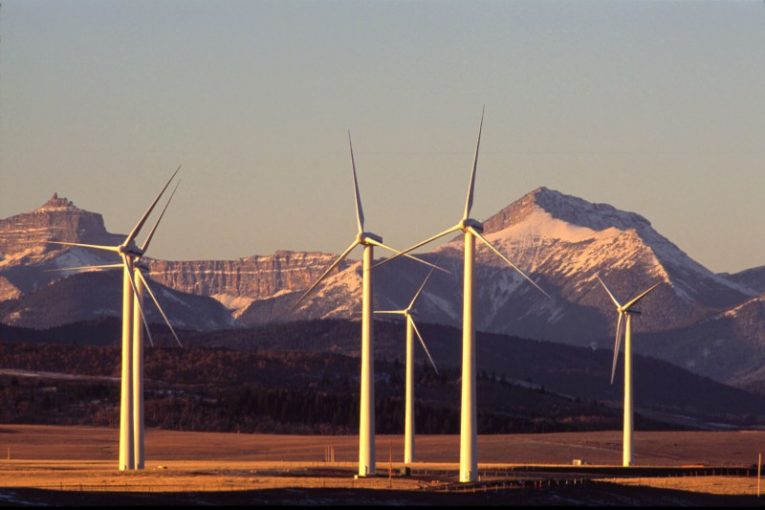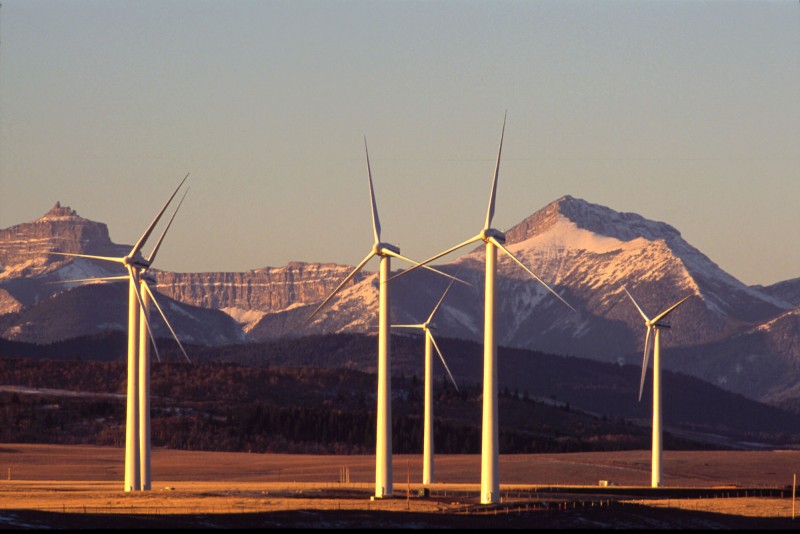

Canada is the world’s second largest nation, with only the 38th largest population. It has indescribable natural resource potential, and utilization of these resources has given it one of the world’s highest living standards. It has tens of thousands of miles of coastline accessing three oceans and favourable trade relations with most of the world. It offers, as Natural Resources Minister Jim Carr puts it, “a stable and predictable investment climate, world-class energy reserves, proximity to global markets, a skilled workforce and enabling services and technology.”
How very peculiar then that Carr’s government and a great many others are working hard to make our investment climate unpredictable, halt development of our world-class energy reserves, and do everything in their power to prevent those resources from reaching global markets.
Starting with the most obvious, the Trudeau government has mapped out what they see as a conciliatory strategy on pipelines – kill two and allow two. The strangle marks are clearly evident on the throats of Northern Gateway and Energy East, there’s not much room for debate there. Trudeau and a gaggle of economists who clearly know nothing about running businesses have declared that the pipeline is not needed because of slowed demand of oil development. Only an economist would consider a multi-decade investment doomed because prices have been low for two years. TransCanada showed every intention of going ahead with the project until the ridiculous GHG standards appeared out of nowhere, and I would bet on the business acumen of TransCanada over theoretical academics every time.
But the two that are purportedly being allowed – the TransMountain expansion and Enbridge’s Line 3 expansion – are not guaranteed either. Both are facing lengthy battles that the government clearly saw coming, but the government is clearly happy to throw them in with the enviro-piranhas without any sort of visible assistance.
The next two of Carr’s eyebrow-raising claims, that Canada has world-class energy reserves and proximity to global markets, must be some sort of cruel joke. We do indeed have the world-class energy reserves of which he speaks, but we do not have access to global markets – we have access to one market. That market is basking in a shale-glow and the firm belief that they hardly need our resources anymore. So Canada’s biggest energy crown jewels – our oil and natural gas reserves – are stranded and sold at enormous discounts where they can be sold at all.
The attitude of the federal government and the few who are thwarting resource development is that we are doing just fine without all that hydrocarbon crap, thank you very much, and with it out of the way, we can develop our green economy.
But that is complete and utter nonsense. Any green developments have occurred almost entirely due to massive government subsidies, andit is fossil fuels that afford us the luxury of handing out those subsidies. Canada’s economy is weighed down by green energy at present, not buoyed by it. Don’t forget also that in the definition of “renewable energy” is hydroelectric power, and that was developed not only with government subsidies but also the total destruction of thousands of square miles of natural habitat. So yes, hydroelectric is a fantastic energy source, but no one should be under any illusions that it is massively green – it may be once it’s done but before hand…well just ask the Site C developers in BC how that’s going.
Canada’s other big traditional growth engines are stuck in the mud. Small businesses are preoccupied with obtaining pitchforks and forming mobs in response to probable federal legislation that may seriously dent the enthusiasm of this huge job creator. Big businesses have entirely different battles, and they speak in soothing PR-friendly platitudes, but it’s impossible to hide what their capital is doing – it’s packing up and getting the hell out. There are many reasons; Trump’s belligerence towards foreigners, the big name oil sands exodus, and the hurdles so readily evident towards any big infrastructure project. That last one of course doesn’t apply only to large companies; any infrastructure bigger than a birdhouse requires consultation with and approval from everyone from the mayor/groundskeeper of Balls Falls, Ontario to William Shatner. Newly immigrated janitors have absolutely no idea how much power they wield as soon as they can grasp the language and understand the complaint system.
That leaves two growth vehicles for the Canadian economy that we seem to be pinning our hopes on. One is the aforementioned renewable energy boom, and since solar power is hardly optimal for a northern country and hydroelectric is hard to grow, the bulk of development will fall to wind power. That industry will have to take on the burden of replacing the billions of petroleum dollars that are gleefully being sacrificed these days. We will have to learn to live with distorted power markets like other countries do, where power is nearly free when the wind howls and insufficient when it doesn’t.
Having turned our backs on our vast resource reserves, we are presumably then planning to rely on the recent large inflator of the Canadian economy – laundered money. Not necessarily laundered in the drug cartel sense, but in the sense of vast sums of unknown-origin dollars landing on our shores, young gentlemen who show up with hundred million dollar kitties at their disposal to invest indiscriminately in real estate, farmland, or junky old oil and gas assets. Running these businesses, as at the minimum required by Canadian laws or the requirements of the country from whom the cash exited, are the spawn of billionaires and oligarchs placing mountains of cash here and there around the globe. The phenomenon may make us feel good as our houses increase in value three fold, but it’s frightening to think anyone believes an economy can be built on it.
That inflow represents Canada’s sole remaining facet of attractiveness on the global scene. We aren’t attractive to manufacturers because of the high-cost labour force, we aren’t attractive to natural resource developers because we seem to hate them, and we aren’t attractive to small business owners for some reason I can’t fathom. We are attractive to foreign money launderers who do whatever they like while we dither for 15 years wondering if it’s a good thing or a bad thing.
Some future.
Read more insightful analysis from Terry Etam here
You can read more of the news on source



